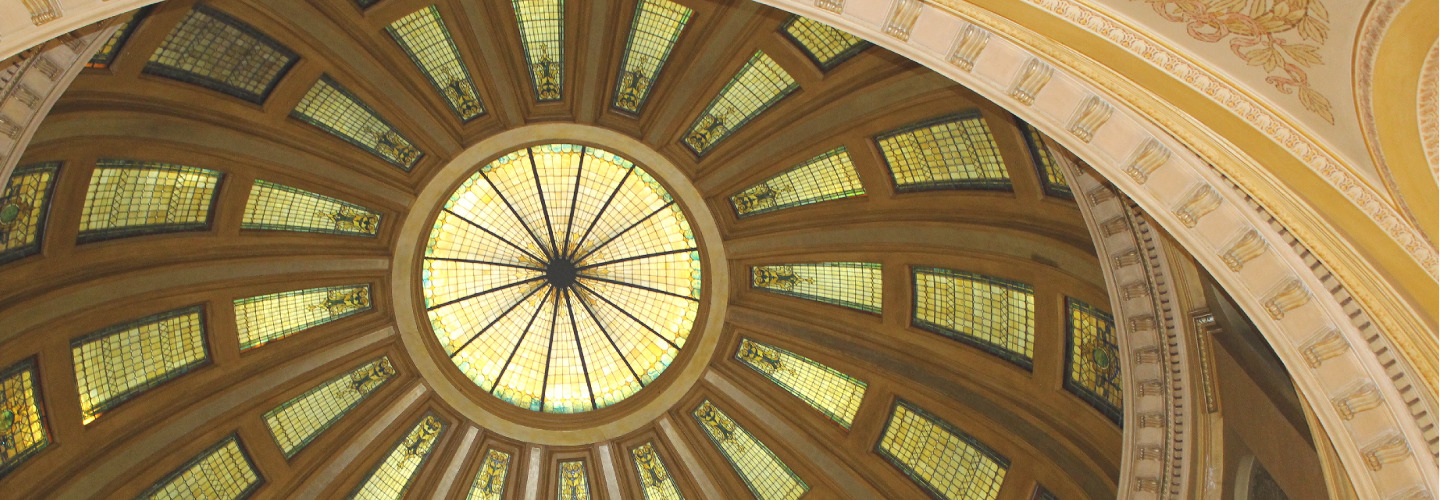
Chamber Advocate: Feb. 9, 2024
The fifth week of the 2024 legislative session began with a heavy slate of bills related to landowner rights, condemnation of land, land survey laws and carbon capture pipelines. It concluded with a robust discussion about the model for funding South Dakota’s long-term investments.
Land and pipelines
Monday morning, the House Commerce and Energy Committee tackled five bills related to eminent domain: HB 1185, HB 1186, HB 1190, HB 1193 and HB 1203. The Greater Sioux Falls Chamber of Commerce opposed these bills because they would inhibit or discourage economic development, put unnecessary burdens on our utility providers, and create processes that would essentially seek to delay any type of major or linear projects in our state.
Committee members spent nearly five hours working through the proposals. Two of the bills were defeated, but three – HB 1185, HB 1186, and HB 1203 – were sent to the full House for consideration. The House passed all three on Thursday with considerable support.
While the Chamber opposed these specific pieces of legislation, we continue to listen to both sides of this issue. We encourage compromise to ensure that our citizens and the business community are working together to keep South Dakota moving forward. We will continue to monitor these bills, and others like them, throughout the remainder of session, and hope to find a solution that is amenable to all parties that also allows South Dakota to continue to be open for business.
The Future Fund
To end the week, there was a lively discussion on SB 208, a bill that aimed to reduce the amount of employer contribution to the unemployment payroll tax. Why is this significant? In 1987, Governor Mickelson created a program that was deemed the “Future Fund.” Its intent was for these dollars to be allocated for long-term investments to the State of South Dakota. Since the inception of the Future Fund, many significant projects have stimulated growth and economic development, including Foundation Park on the northwest end of Sioux Falls. The Fund was also utilized to create the Build Dakota scholarship fund, which helps overcome the workforce shortage that South Dakota faces by partnering the business community with the post-secondary education institutions.
The Chamber, and many others, rose in opposition to SB 208, citing the great things that have been accomplished since the creation of this fund, and to protect it for future use in moving South Dakota forward. The Senate Commerce & Energy Committee voted to defeat the bill.
As always, you can stay up to date with all the bills that the Chamber is engaged in by checking our bill tracker. If there is an issue you have questions about, or there is an issue that is not on the Chambers radar that you would like to bring to our attention please reach out to our team.


